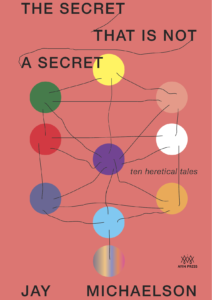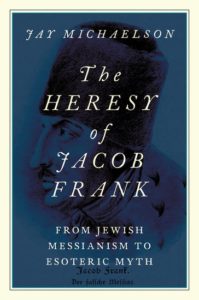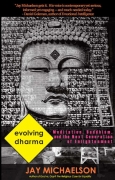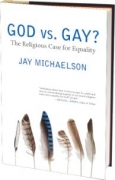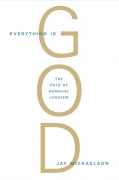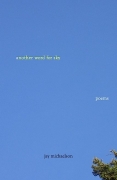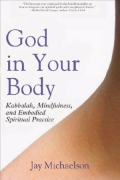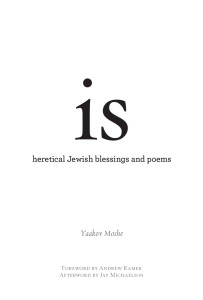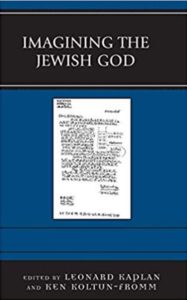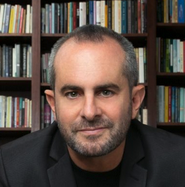Holy Madness in Comparative Perspective
at American Academy of Religion
Denver, CO
More Info / Registration
In cultures the world over we find instances where deviant behaviors are associated with advanced spiritual development and status. What might otherwise be labeled madness, foolishness, or eccentricity in a secular context comes to be understood as a kind of “holy foolishness†or “divine madness,†which is valued very differently by the society. While these phenomena have been studied in specific contexts, what we have yet to see is a careful, systematic comparison of these phenomena across time and cultural context. In examining the versatility of form and the lessons to be gleaned from each specific figure or text while in conversation with one another, we can begin to build a framework for comparison. Towards this end, each panelist will present their context-specific data and analysis, as well as discuss how their materials and methods help refine and progress the study of “holy madness.â€
Jay Michaelson, Chicago Theological Seminary
Jacob Frank (1726-1794) was once a notorious Jewish heretic who led the largest apostasy in Jewish history. In his oral teachings, recorded in a text known as Words of the Lord, Frank preaches a radical antinomianism, ridiculing religious law and contemporary morality, practicing antinomian sexual ritual, and telling tales of himself transgressing taboos and tricking religious leaders. While much scholarship at Frank has taken these acts at face value and diagnosed Frank as “degenerate,†in fact this antinomianism is a form of “holy madness†that satirizes religious hypocrisy, forces an experiential break with traditional society, and, in an inversion of most holy madness, affirms the material over the spiritual. This paper analyzes these functions of Frankist antinomianism and addresses the need for a more rigorous typology of such antinomianism in scholarship.
